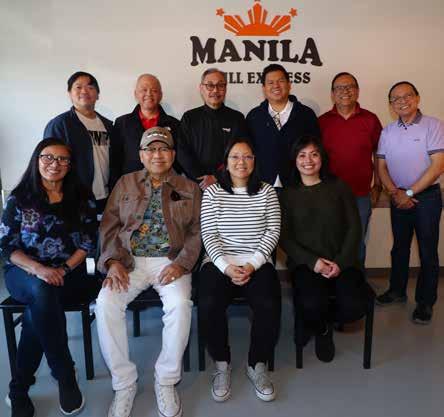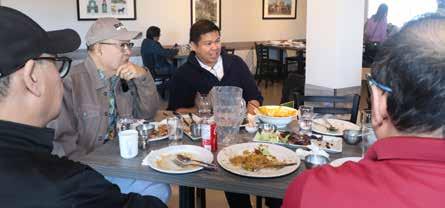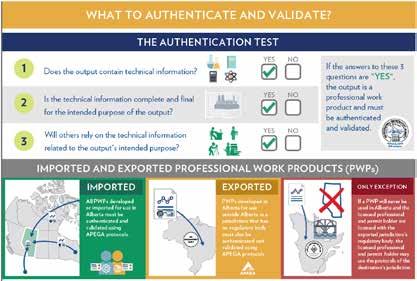
2 minute read
FROM MIGRATION TO IMMIGRATION
Learning Institution to ensure that all the required information is only the LOA before submitting the study permit application.
If you have questions regarding the above article, you may contact Marjorie at info@mcncanadaimmigration.com
Advertisement
Source: Immigration, Refugees and Citizenship Canada (IRCC)
A word of caution: You should not act or rely on the information provided in this column. It is not legal advice. To ensure your interests are protected, retain, or formally seek advice from a Regulated Canadian Immigration Consultant (RCIC) in good standing of CICC. The views expressed in this article do not necessarily reflect those of RCIC’s.
Marjorie Carmona Newman is a REGULATED CANADIAN IMMIGRATION CONSULTANT based in Edmonton, Alberta. She is a 2022 Recipient of the Queen Elizabeth II Platinum Jubilee Medal, and was a recipient of CAPIC's Members Service Award for four consecutive years (2015-2019). She is currently a member of CAPIC’s Policy Committee and previously served as Prairie Chapter representative for Canadian Association of Professional Immigration Consultants (CAPIC) in the Governance and Nomination Committee and Education Committee.
Profession in Alberta. As defined by APEGA, a professional work product (PWP) is an output of a professional service that requires authentication and validation as described in this practice standard. Defined in the General Regulation as “…plans, specifications, reports, or documents of a professional nature,” a PWP is any output of professional services with technical information relied upon by others, internally or externally, to make a decision or to take action. A PWP can be physical (e.g., paper, plastic film), electronic (e.g., electronic document, image), or digital (e.g., software, modelling, simulation, or any other computer application that cannot be reproduced in a physical or electronic format).
In the Philippines, authentication of documents such as drawings, plans and reports are done using the dry stamp and signing the documents. This procedure is very old and prone to tampering where credibility of the document is not preserved.

In Canada, the Authentication and Validation of these similar documents are done digitally, and the credibility of the signed documents are preserved.
For a Professional Work Product to be Authenticated, the below Infographic was prepared by APEGA.
Authentication and Validation are different as defined by Professional Practice. Authentication must be performed by the Licensed Professional and the Validation should be performed by the Responsible Member of the Firm and does not indicate technical responsibility of the document. This is a way of having quality control of the signed document.
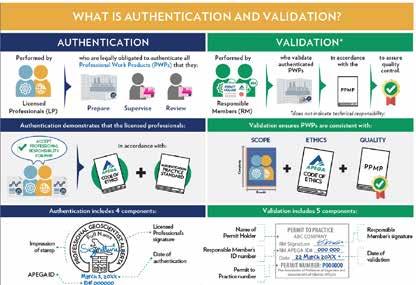
The reason why I submitted this article is to educate the reader of the
Alberta Filipino Journal of the way Alberta Engineers sign and stamp the plans and drawings and other related documents (Professional Work Products) compares to the process in the Philippines. The Practice of Engineering in Canada is always bound by Integrity and Ethics and has to be taken seriously to preserve the Engineers’ Duty to the Public. Internationally Educated Engineers that wish to pursue their Engineering Profession in Canada must be abide by the rules and regulations of each Provincial Regulating Bodies.
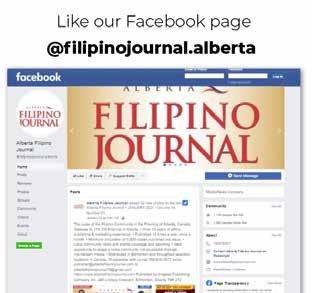
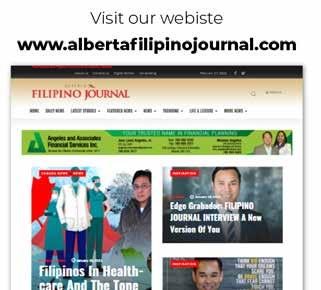
The Alberta Filipino Journal took part in the 2nd Filipino Restaurant Month event, April 8, by dining at the Manila Grill South in Edmonton. Publisher Jun Angeles presided over an editorial meeting and later on warmly welcomed Attorney Joseph Angeles who informed the editors of his appointment by Premier Danielle Smith to run for Member of the Legislative Assembly (MLA) in Edmonton South.(Photos by Moses Billacura/AFJ)
